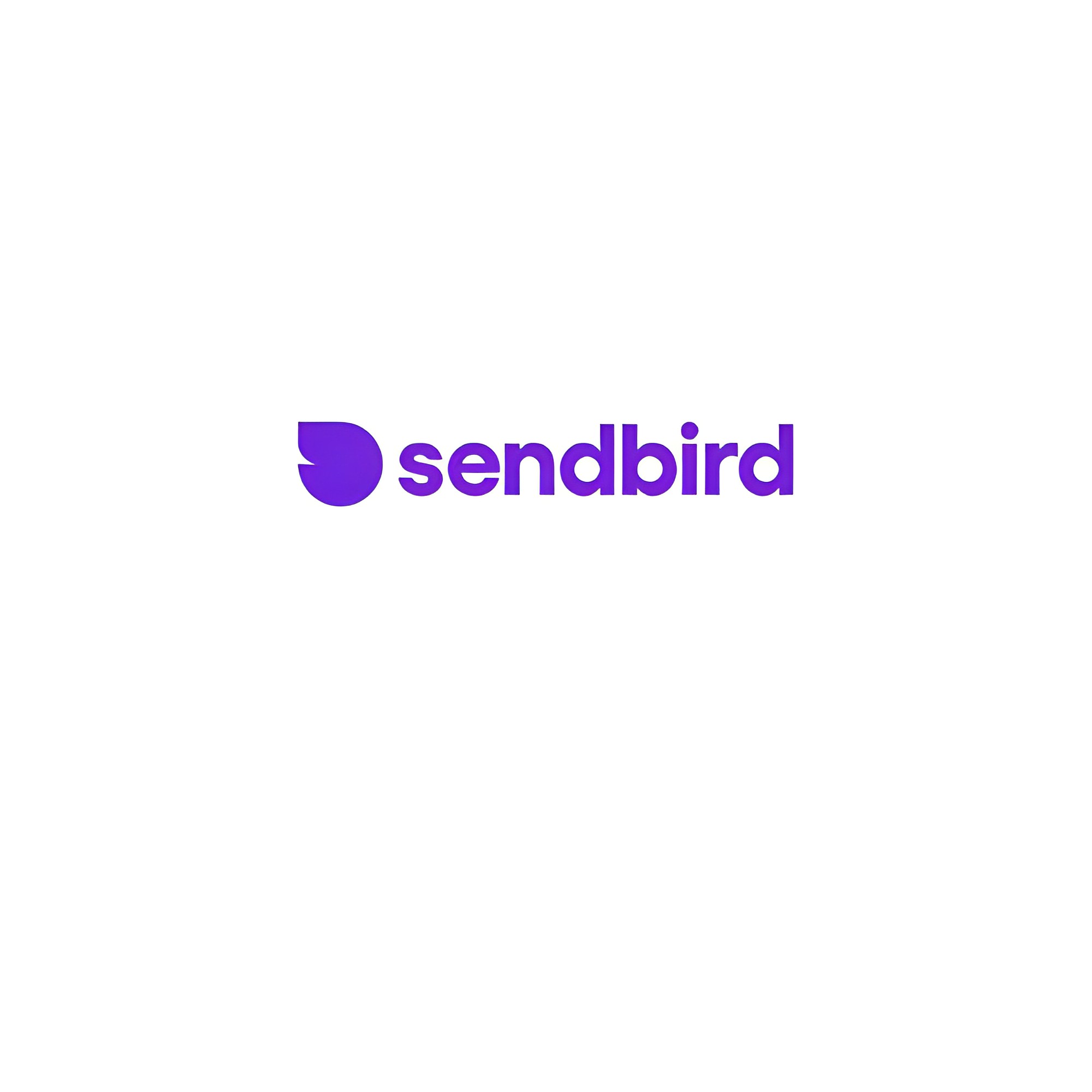Sendbird, the global conversations platform for mobile apps with over 300 million monthly active users, today announced a new low-code API to supercharge chatbots with ChatGPT. It opens a world of possibilities for web and mobile chat app developers and product managers, who can quickly tap into generative AI’s power to assist users. Businesses have the opportunity to revolutionize their chatbot experience seamlessly with more personalized and sophisticated answers to complicated questions, further driving customer engagement, retention, and satisfaction.
This new chatbot API instantly enables over 1,300 apps, transacting 7 billion+ monthly messages on the Sendbird platform. Layering the current chat experience with GPT AI chatbots takes customer engagement and OpenAI’s usage to a new level. Now acting as middleware, Sendbird enables online businesses that embed chat to reinvent their chatbot experience across a wide range of verticals, including marketplaces, healthcare, financial services, on-demand, education, and more. An incredible opportunity is at the grasp of businesses that want to combine the conversational capabilities of ChatGPT with customer data to generate custom answers tailored to their exact customers’ needs.
Fulfilling the Promise of Human-Like Chatbot Interactions with ChatGPT
Sendbird developed a new API to dramatically improve chatbot conversations with personalized and intelligent responses previously only possible with humans. Previous chatbots suffered from being too scripted and inflexible. If a user asked a series of common questions, for example, the chatbot would give them preset answers, quickly reaching the end of its scripted capabilities. If the interaction continued outside its scope, it would likely say, “Let me hand you off to a human agent.” This wound up being a shallow and short-lived experience that offered limited value.
By contrast, ChatGPT-powered chatbots by Sendbird create a human-like chat experience that brands can enrich with customer data for additional personalization. Businesses can feed historical conversations or Customer Relationship Management (CRM) data to ChatGPT to drive more useful responses. For instance:
- A healthcare company can streamline doctors’ appointment scheduling while considering each party’s availability,
- A Fintech app can create a financial bot to answer users’ various queries on their spending,
- A marketplace can assist support agents with past conversations’ summaries and offer intelligent suggestions to greet and farewell customers.
The result is an improvement in efficiency and brand perception, as customers feel a deeper sense of care that drives loyalty. Sendbird already sees such results with its new Salesforce Connector, in which its ChatGPT Summarize feature synthesizes customer cases to enable a new agent to take over quickly.

“Sendbird’s mission is to help online businesses build deeper connections with their users and get things done. It made perfect sense to use ChatGPT to make chatbots converse like humans for a user experience more personalized with first-party data. The test cases we’ve seen have been pretty amazing,” said John S. Kim, CEO, and co-founder of Sendbird. “And like all Sendbird offerings, the API integration is swift and easy so that developers can integrate the chatbot into their apps immediately. As such, we can lower the barrier to entry for customers looking to leverage ChatGPT.”
Sendbird’s API and dashboard allow customers to create ChatGPT-powered chatbots in minutes with their OpenAI API key. The dashboard interface allows customers to define and test effective prompts, set ChatGPT parameters, and seamlessly add their chatbot to a channel in their app.
Sendbird’s first generative AI integration lays the foundation to support more language learning models (LLM) in the future and new use cases to further enhance communication efficiency and user experience.


